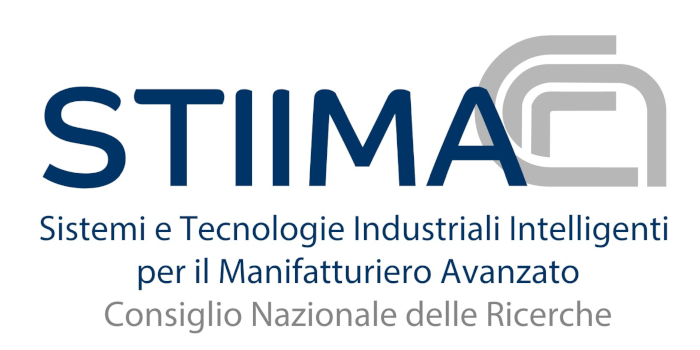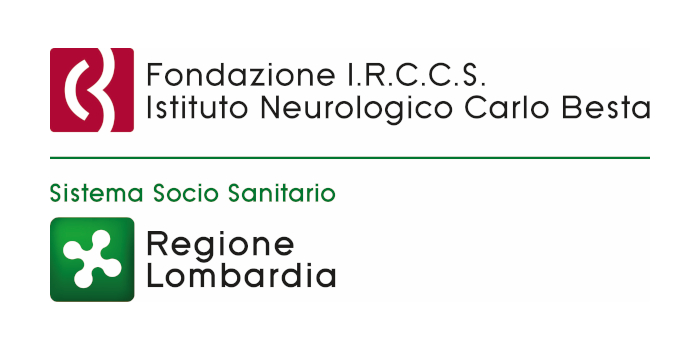SPECIAL SESSION #7
Human-Centered Intelligent Interfaces: HCI Metrics for Effective User Interaction with Artificial Intelligence Systems
ORGANIZED BY
Andrea Beretta
ISTI - CNR, Pisa, Italy
Elena Sajno
Università di Pisa & HTLAB, Università Cattolica del Sacro Cuore di Milano, Italy
ABSTRACT
Human-Computer Interaction (HCI) is a multidisciplinary field that studies the interactions between human users and computer systems. In this special session, we propose to gather works focusing on multiple levels of quantifications of human characteristics, behaviors, or reactions in interactions with Artificial Intelligent Systems. Despite the advances in technology, user-centered design is still often overlooked in the development of reliable metrics to evaluate human aspects. This special session aims to address this gap by exploring the various ways in which human factors can be quantified and integrated into the design and development of future AI systems. Our goal is to foster progress in the evaluation of AI systems through innovative methodologies, metrics, and tools that address end users in different domains.
MAIN TOPICS
We welcome proposed contributions that touch the following subjects, methodologies, implementations, or applications, without being limited to them:
- Human-Computer Interaction
- Design metrics
- Human-Centered Explainable AI
- Biosensors
- Affective Computing
- Scale validation
- Decision Support Systems
- Recommendation Systems
- Human bias
- Human-Centered Trustworthy AI
- Cognitive aspects of the interaction
- Theoretical frameworks of the evaluation of Human-Centered AI
- Natural Language Processing
- Sentiment Analysis
By participating in this special session, you will have the opportunity to share your research and insights on the latest developments in the field of human-computer interaction, and to engage in discussions with experts and practitioners from various disciplines. Join us in exploring the potential of multiple levels of quantification in human-computer interaction to improve the design and usability of technology for human users.
ABOUT THE ORGANIZERS
Andrea Beretta obtained a Master’s degree in Social and Workspace Psychology with a thesis in HCI in 2015 from the University of Padova. In 2020 he completed his Ph.D. in Cognitive Psychology with a thesis titled “Impact of counter-factual emotions on the experience of algorithm aversion” at the University of Trento. He is currently a postdoc Researcher at CNR in Pisa with professor Fosca Giannotti. His research is about the human-computer interaction aspects related to decision-making with Explainable Artificial Intelligence (XAI), especially for high-stakes decisions under uncertainty.
Elena Sajno is a Ph.D. Student in the first national Ph.D. program in AI and society at Pisa University. She is working in the Humane Technology Lab (HTLAB) at Università Cattolica del Sacro Cuore di Milano on the application of AI and Affective computing to Positive Psychology and the Flow state.
She is a licensed psychologist with expertise in neuroscience and cognitive psychology, practicing since 2013 in human resources and health and safety.
She has also collaborated with start-ups developing applications for wearable EEG smart devices for communication, safety, and personal development.







































